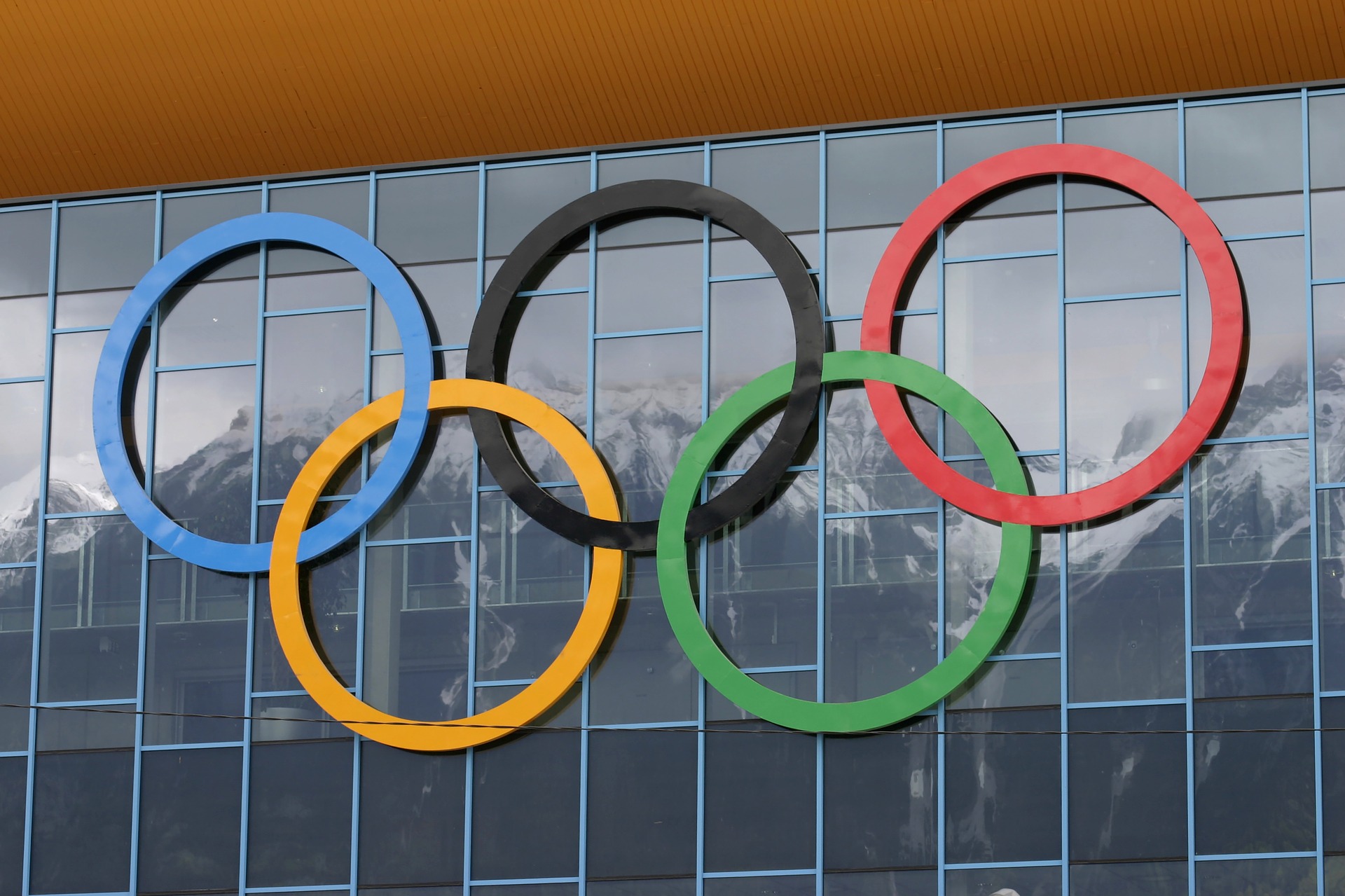Expert Reaction
These comments have been collated by the Science Media Centre to provide a variety of expert perspectives on this issue. Feel free to use these quotes in your stories. Views expressed are the personal opinions of the experts named. They do not represent the views of the SMC or any other organisation unless specifically stated.
Dr Dale Chapman is a sports scientist from the School of Allied Health at Curtin University
How do athletes cope with the extreme cold in the Winter Olympics? Are some athletes better suited to the cold than others? Are there things that athletes can do to prepare for the cold both physically and psychologically?
"All of the athletes are very familiar with the cold that they face in training and competition, so it isn’t really seen as needing to cope with it. Our Australian athletes are very well aware that the uniform sponsor of the team (Karbon) kits them out better than just about any other team, and it is very warm gear. Because they know that their team uniform is so good, it does give them a psychological safety net knowing that it is one less issue that will compromise their performance. Physically for these athletes there isn’t much more that they do to prepare other than being highly trained athletes, with the years of experience in the cold environment, most actually really relish the conditions."
Are the COVID-safe policies in place in Beijing sufficient to prevent a major outbreak of the virus during the games? How much will China’s strict COVID zero policies affect the athletes ability to perform at their best? Could they actually be positive for athletes?
"The COVID-safe policies in place by the organising committee are similar in many respects to those that were implemented in Tokyo by TOCOG. The Australian team is very ably supported by the AOC and its subsidiary the Olympic Winter Institute of Australia (OWIA) with a very experienced group of headquarters staff. At this stage in the winter competitive season, our Australian athletes have been aboard since October or November competing in various bubble arrangements, so while getting to Beijing will be a little different compared to their normal international travel, once in place it will be another Olympic games and we are fortunate that this is one of our most experienced athlete teams ever named so I don’t expect the COVID mitigation policies will impact on our athletes’ performances."
Is the lack of natural snow in Beijing connected to climate change and/or the built environment? How is climate change likely to impact the Winter Olympics in future?
"The location for the mountain village to the west of Beijing was chosen because of the consistent cold temperatures that the region experiences. The naturally low level of natural snow that falls in the area is not connected to climate change or the built environment. Climate change and the need to hold more sustainable games are seen now and not just into the future. Winter games bidding cities are seeking to utilise either a greater number of existing facilities (eg the re-purpose of the Birds Nest stadium for Aerials Skiing) and or joint city bids. For two out of the three sliding sports, there is only one natural used for World Cup events in St Moritz (SUI) and so unless the Winter Olympics returns to what people consider the winter Olympic birthplace, they will always compete on an artificial track, and thus bidding cities will always need to consider environmentally sustainable ways to operate the track. There are other examples of poor snow mitigation strategies that organising committees have had in place for events like Ski-Cross and Snowboard cross due to the length of their competitive course and the volume of snow required to build them."



 Australia; QLD; SA; WA; ACT
Australia; QLD; SA; WA; ACT



